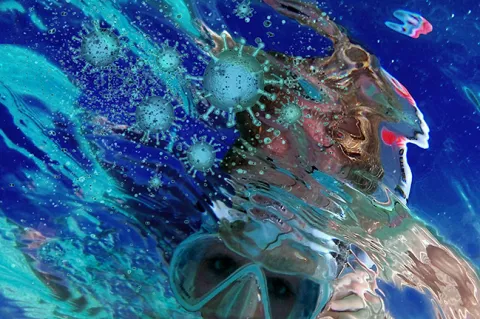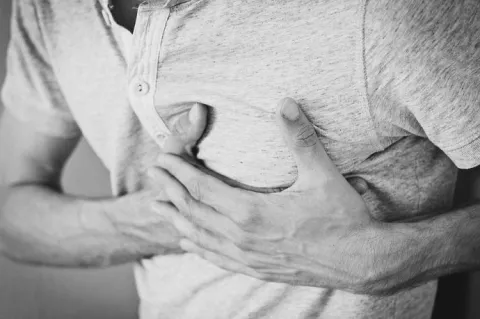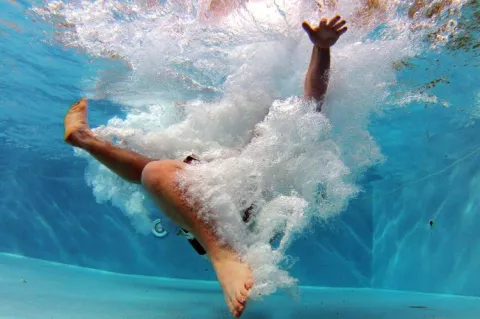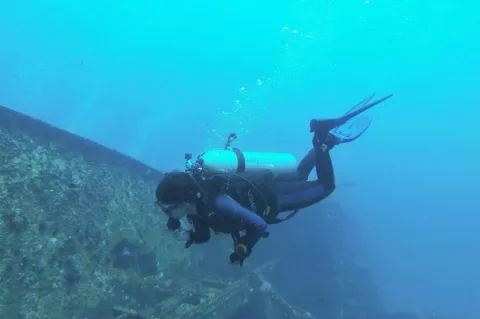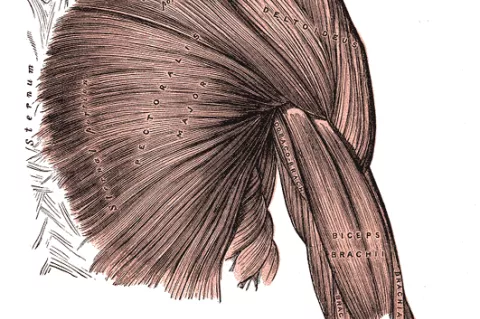Diving in the Era of COVID-19
April 2020 — I come to you as a recreational and technical diving instructor, as a physician consultant for Divers Alert Network, and as a COVID-19 survivor. For me, it was just an occupational hazard. I tested positive for COVID-19 after seeing a patient in my cardiology clinic for an unrelated condition who seemed quite short of breath. He was admitted to the ICU and tested positive for COVID-19.

